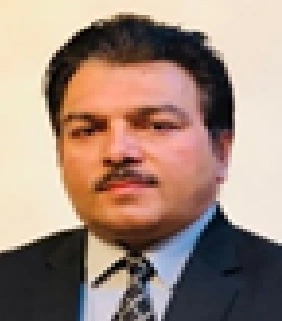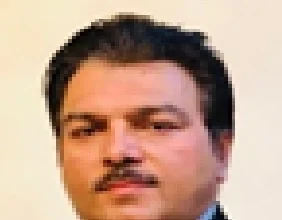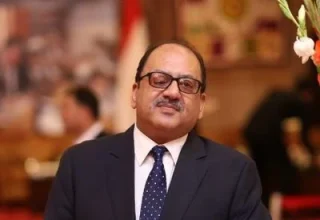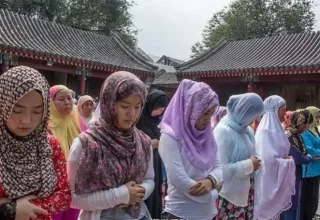
Amendment to the constitution by referendum is a basic practice of direct democracy. This process ensures public participation in decision making important to both the state and citizens. Well before referendum on June 05, 2022, President of Kazakhstan, Mr. Kasim Tokayev stated in his address to the People’s Assembly of Kazakhstan, “We are moving to a new model of the state, a new form of state-society interaction. This qualitative transition may be called the Second Republic. The constitutional amendments aim to build a New Kazakhstan.”
The referendum was historic success, as 77.18% voters approved amendments to the constitutions. After adoption of first constitution in 1995, the same was amended four times in 1998, 2007, 2011 and 2017. On assuming office in 2019, President Tokayev wanted massive amendments to its constitution to redefine the powers of different pillars of power and to safeguard the political and economic rights of citizens.
All amendments would affect around one third of the Kazakhstan’s constitution. Out of the current 99 articles in the constitution, 33 are proposed to be amended. The amendments will also make a departure from the powerful presidential system to a democratic presidential form of government.
We are of the view that the constitutional reforms approved massively by the Kazakhstan public, are going to impact the power structure in three ways. Let us have detailed analysis.
- More power to the parliament: Nomination of members to the senate by the president has been reduced from 15 to 10. Now 5 of those candidates would be nominated by the assembly of Kazakhstan’s ethnic communities. Then, the 6 members of the constitutional court, 3 each will be nominated by the national assembly and the senate, and only 4 will be nominated by the president. The president no longer will be solely appointing the chairman of the constitutional court and the Supreme Court. The procedure to register the political parties has also been simplified. In another amendment, chairmen and judges of the constitutional court, the Supreme Court and other courts, chairmen and members of the central electoral commission, the parliament’s auditing committee, military personnel, employees of national security agencies, and law enforcement agencies, have been debarred from becoming members of the political parties, trade unions and from canvassing for any political party. Several proposed measures give parliament more power vis-a-vis the president. Kazakhstan’s parliament will remain bicameral, but the distribution of power between the upper and lower houses will shift somewhat. The Senate will no longer have the power to make new laws, and instead will just approve or reject laws passed by the Mazhilis.
- Redistribution of power: The constitutional reforms are aimed at redistribution of powers among institutions instead of concentration. The parliament’s audit committee that oversees expenditures, would also report to the parliament twice a year. Ban is being imposed on the president’s immediate family members holding political and leadership offices in the public sector. Land and its subsoil have been declared the property of the people of Kazakhstan. In contrast to the past practice, the set of amendments does not pursue the goal of strengthening the executive power. Tokayev has emphasized the importance of local governance, marked by the first-ever direct election of village akims and plans to introduce three new oblasts that will bring government bodies closer to the populations they represent. Kazakhstanis will get to vote for akims of oblasts, major cities, and the capital.
- A system of check and balance: The constitutional reforms would establish a legal basis for an effective and more balanced model of relations between the state and society. A rightful balance between the different pillars of power has been envisaged. The establishment of auditing committee will keep the budgetary check and assert accountability. Then, the constitutional court is being created at the helm of the judicial system where citizens will be able to appeal. After the constitutional amendments, the president would be prohibited from holding membership of any political party during office. It will also curtail the power of the president to wholly or partly limit/overrule the authority of a provincial governor, mayor, or district commissioner deputy who does not fulfill his election promises.
Above analysis reflects that the Kazakhs have voted on a package of reforms intended to transform the political course in Kazakhstan from a super presidential system to a “presidential system with a strong parliament”. The Kazakh politician Erlan Karin comments that the constitutional reforms bring systematic measures effecting the redistribution of powers, strengthening the role and status of the parliament, expanding the participation of the people in governing the country and developing the constitutional mechanism for protecting the rights of citizens.
The writer is a senior banker based in Kazakhstan, with keen interest in Central Asian studies. He can be reached out at rafeeq_kz@yahoo.com.

























